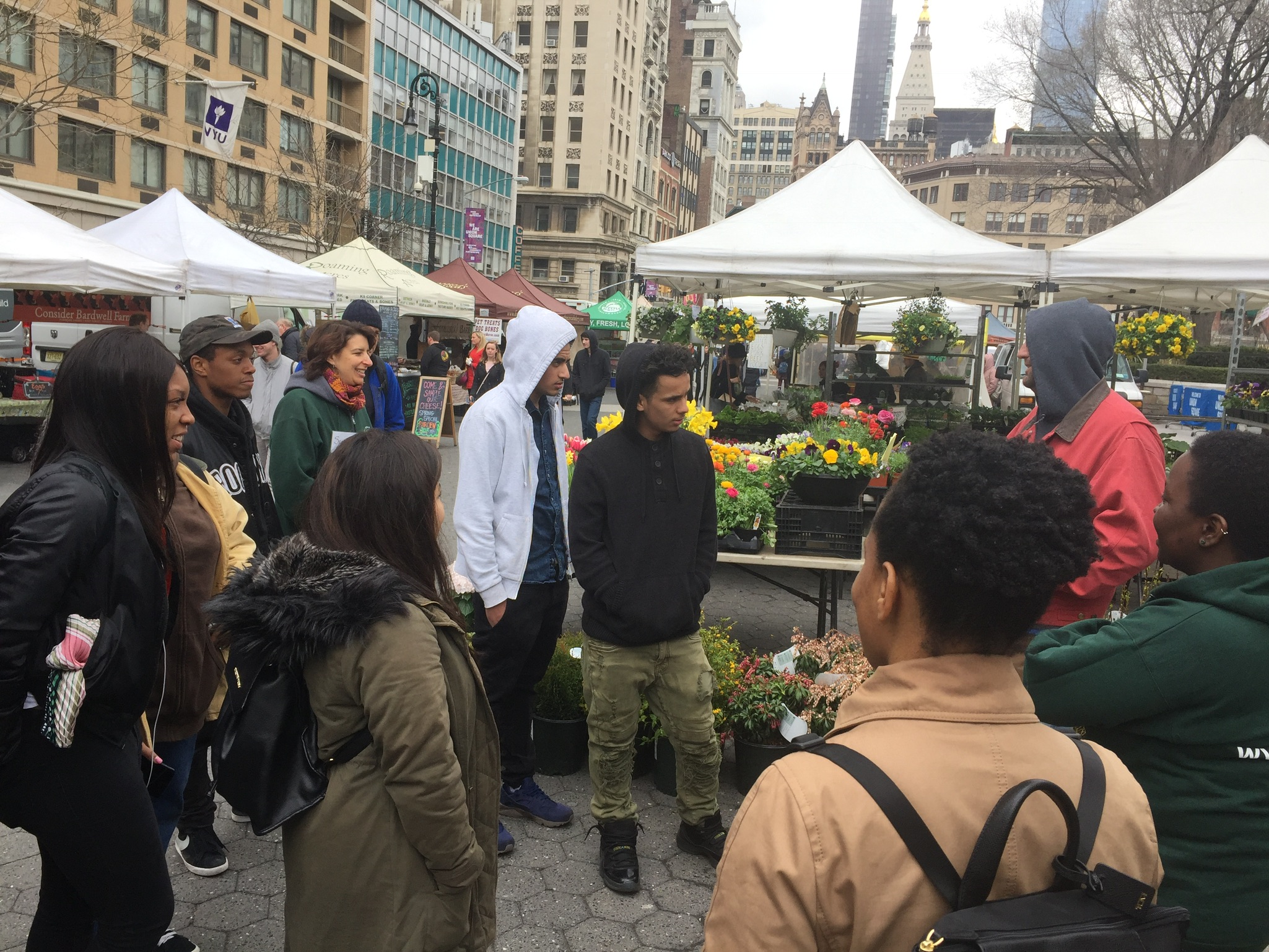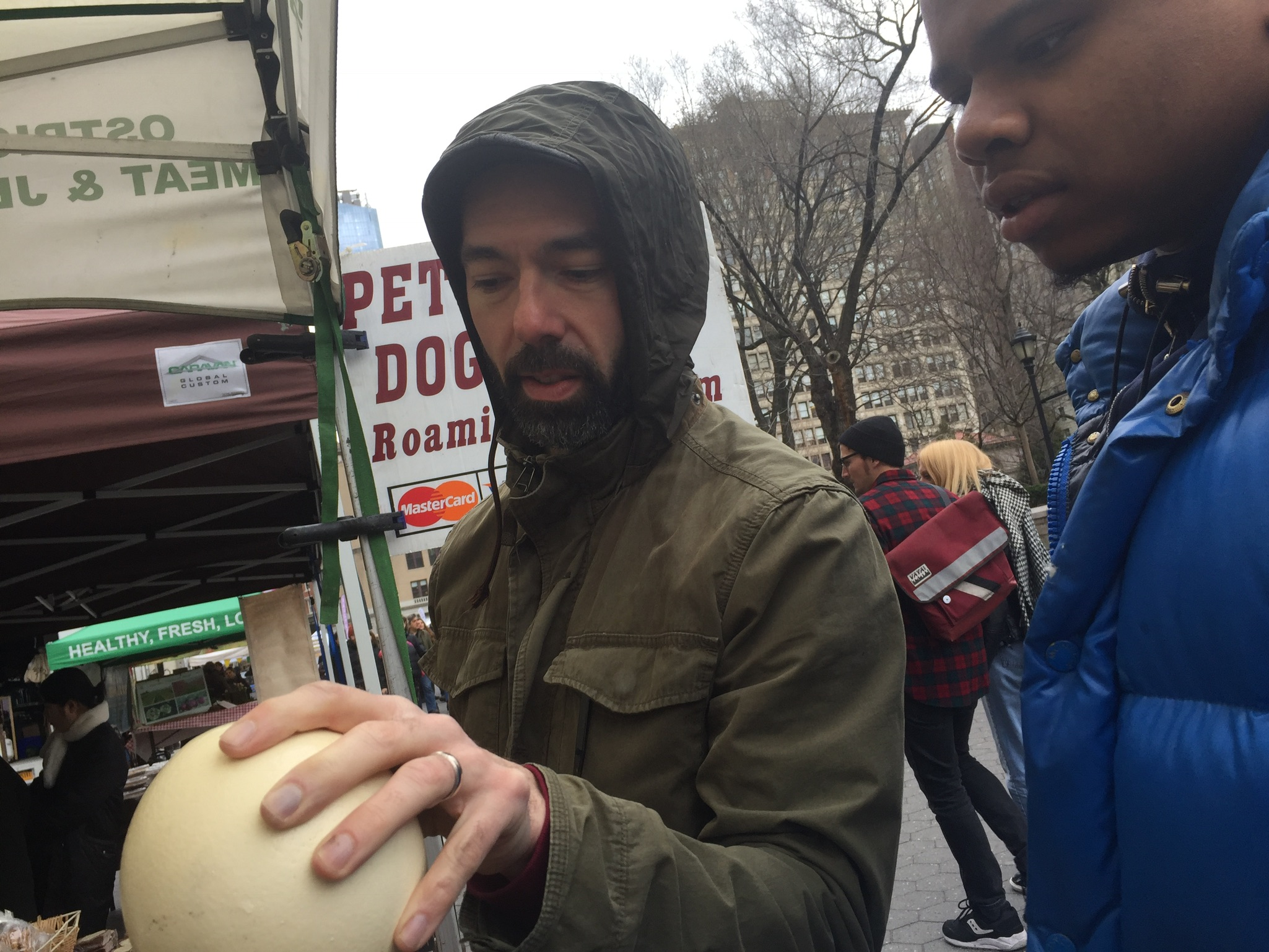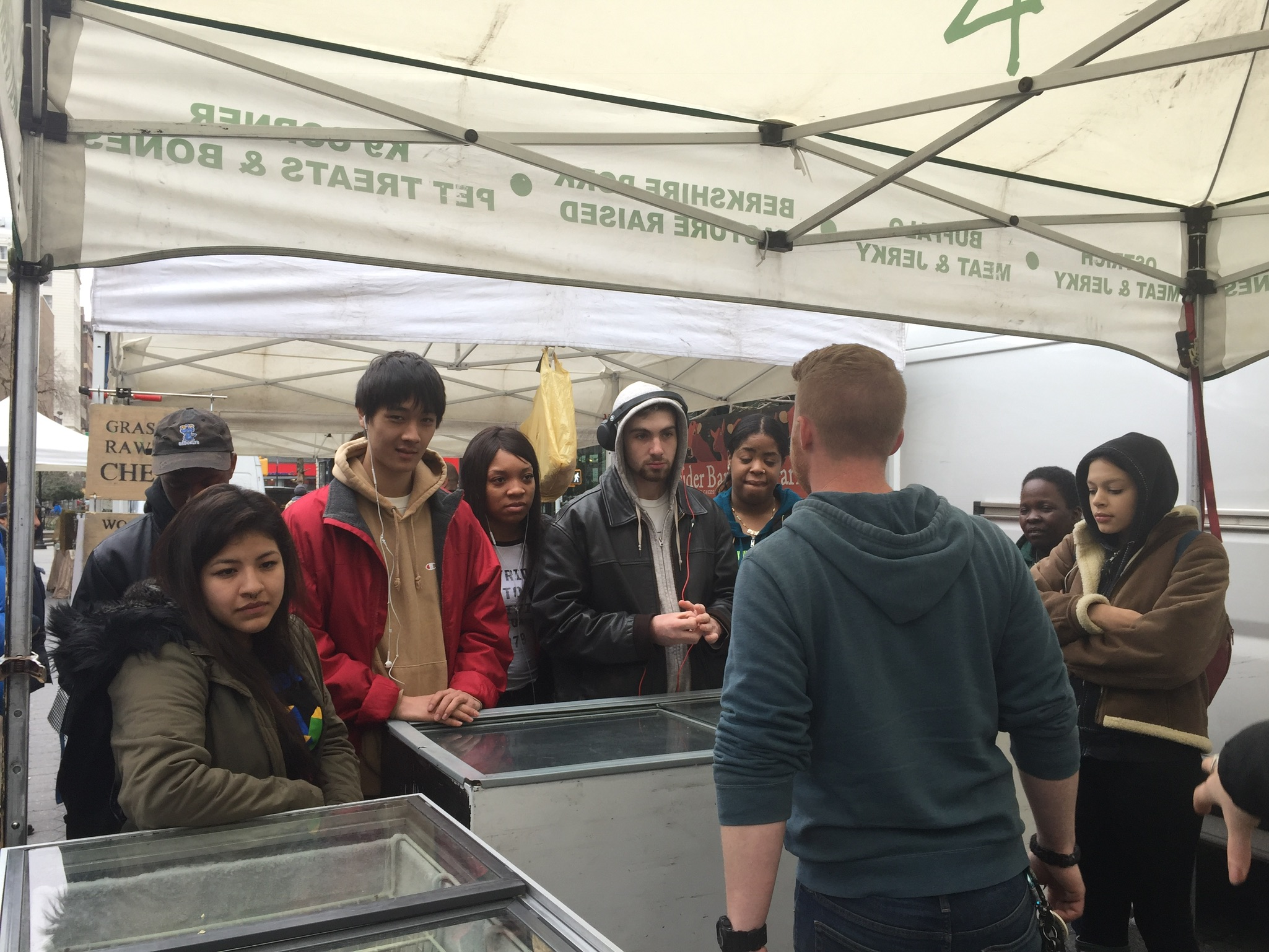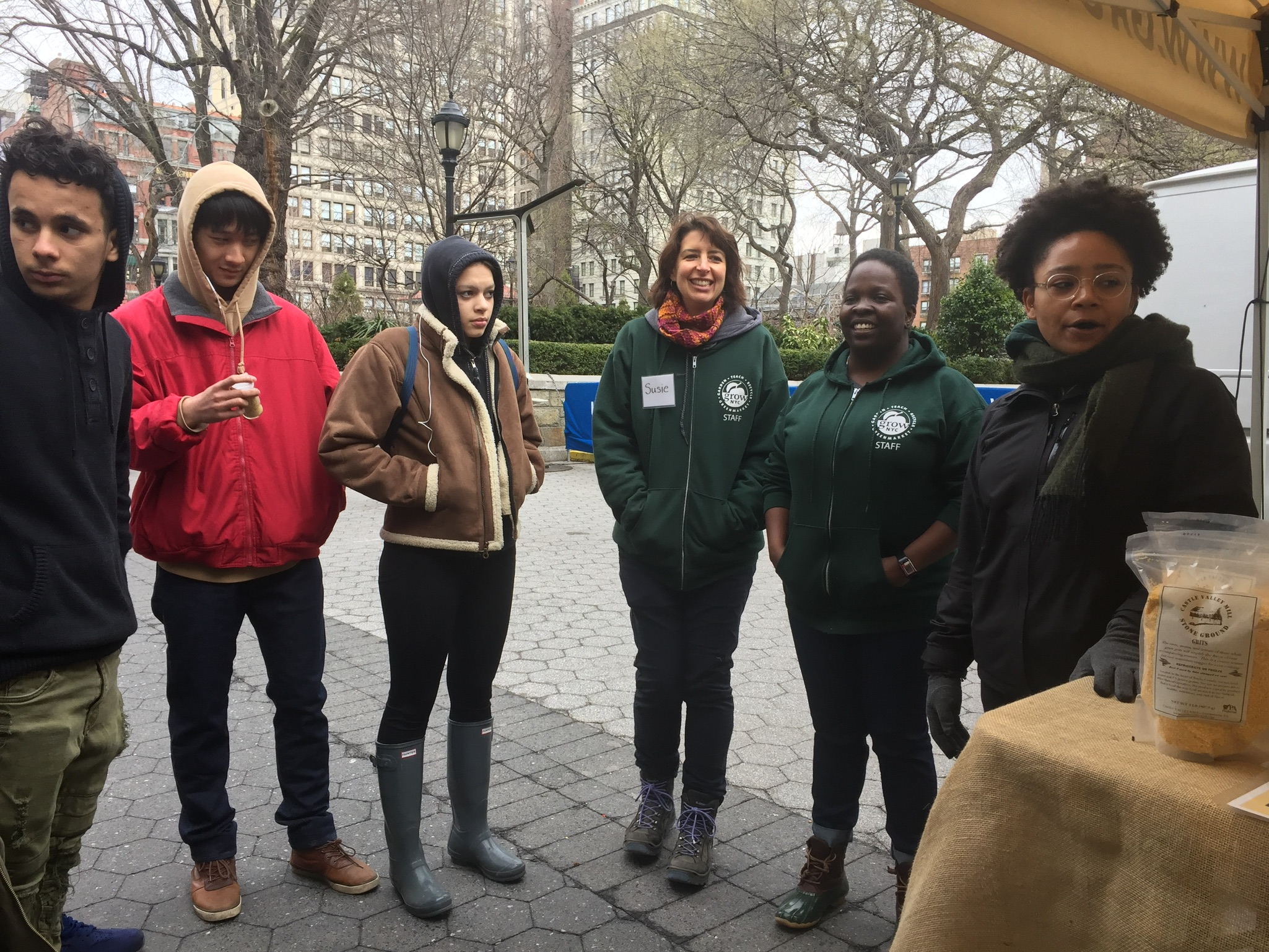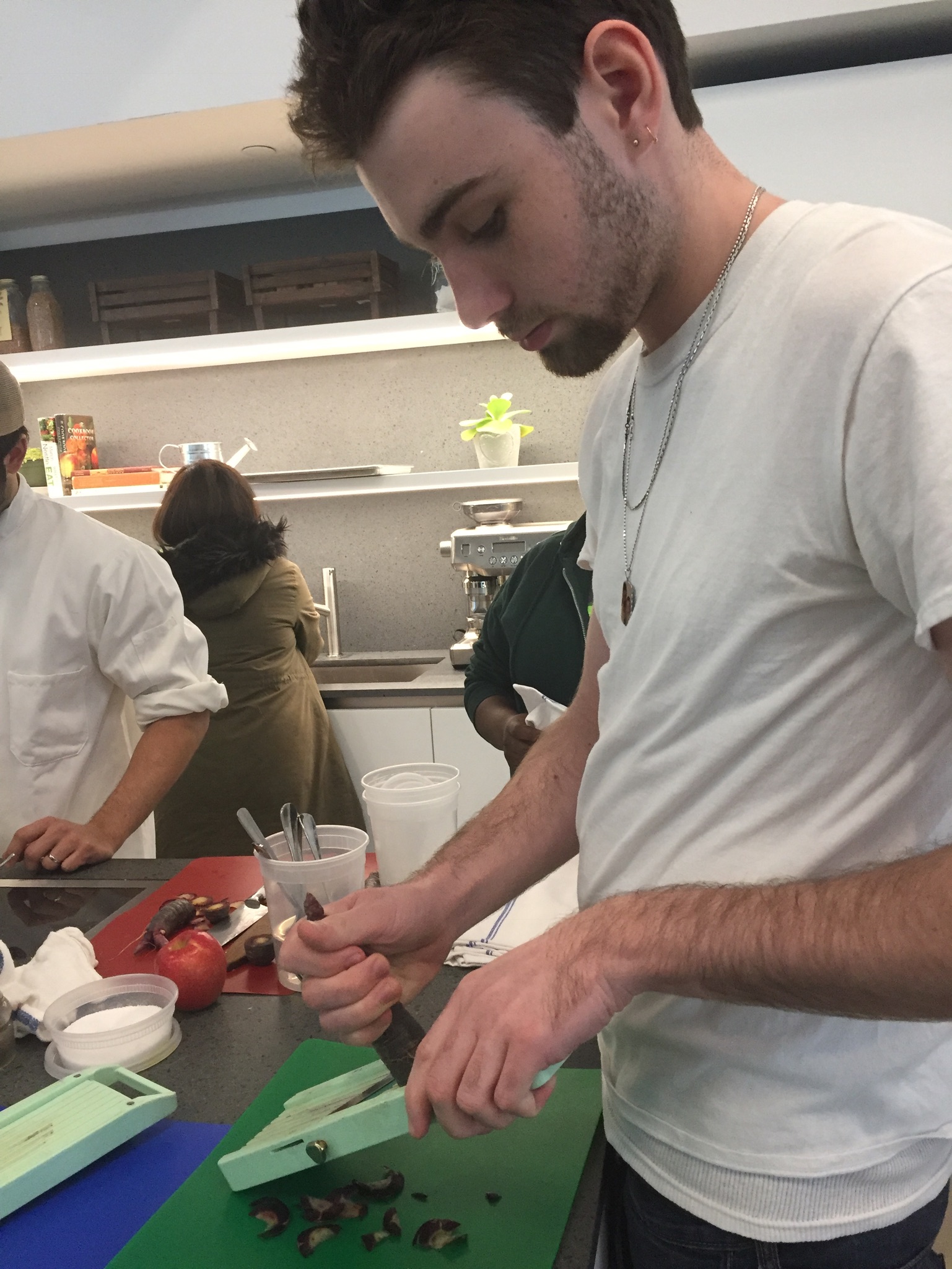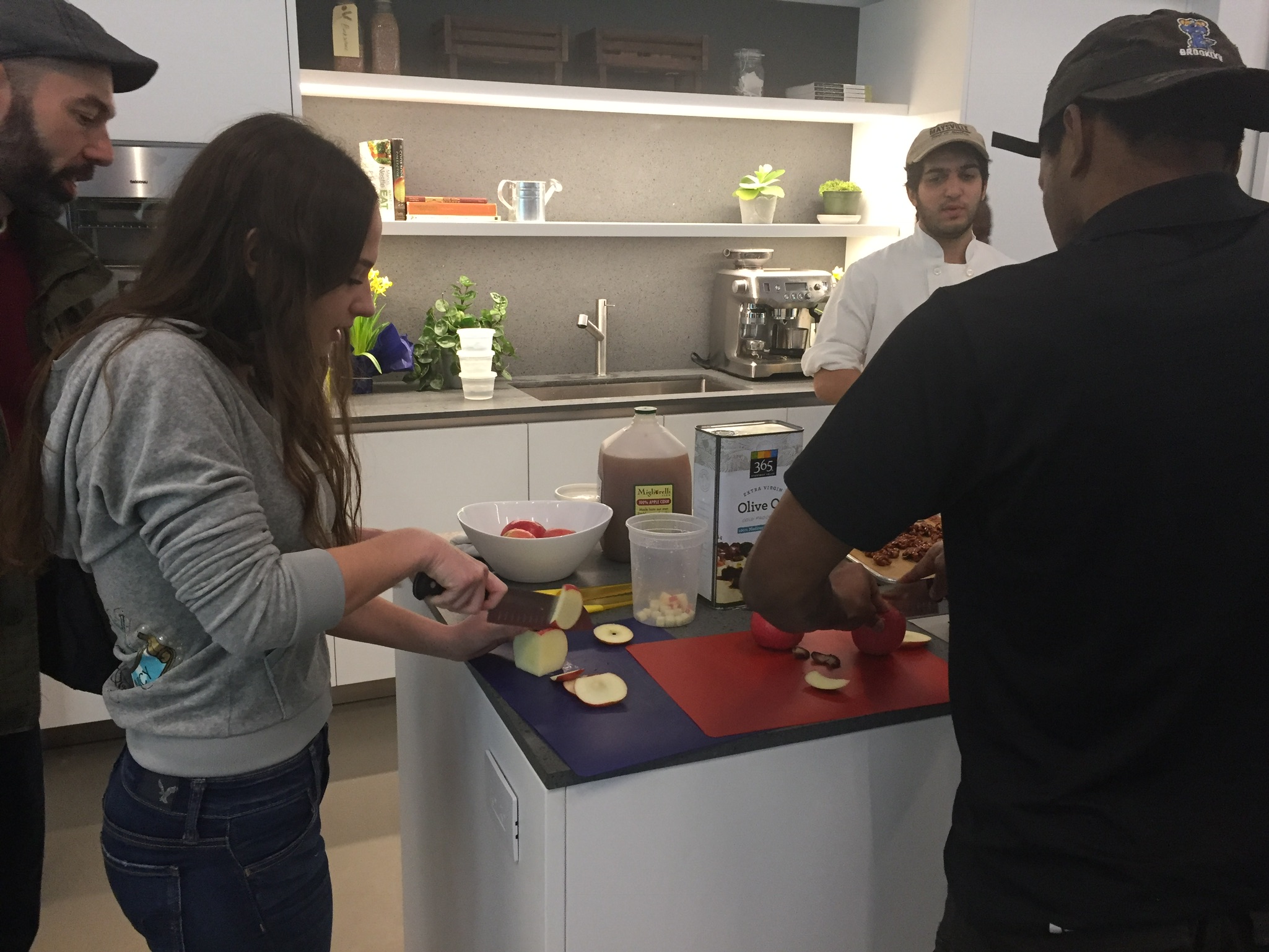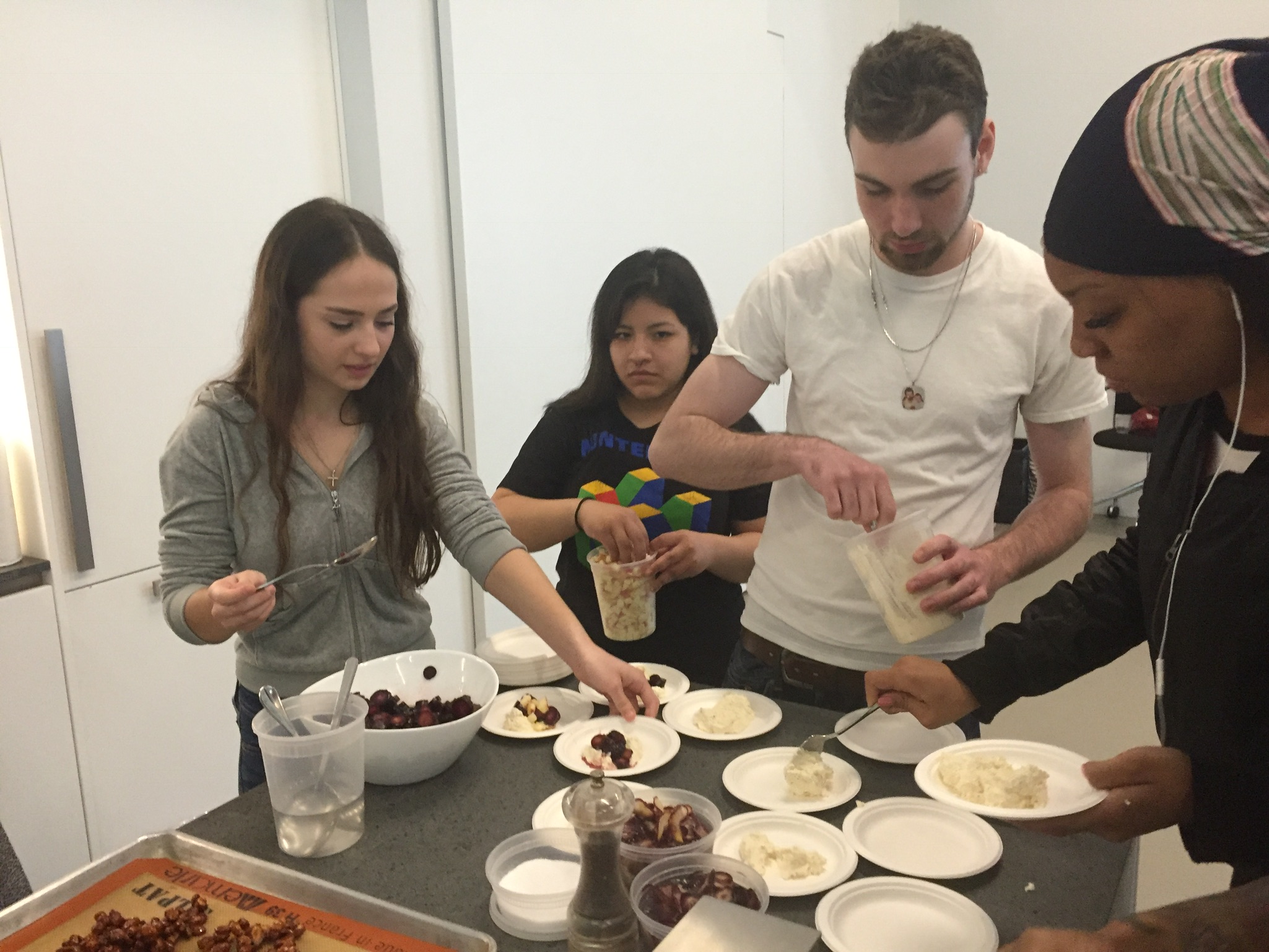One of our partner schools just held their annual "intensive week," where students can attend a three-day, hands-on course of their choice to gain additional credit. Gotham Grazer put together a special course called "Sustainable Eating NYC," that took students to various sustainable food hubs throughout the city. Here are some highlights:
Day 1: To kick things off, we watched excerpts from two pivotal movies, Food, Inc. and Cowspiracy, to give students an idea of some of the controversies that exist within our food system. We discussed a variety of topics, from how McDonald's and other fast food companies have influenced the factory farming system, to the large role that agriculture plays in climate change. After, we headed out to Battery Park to get a feel for how gardens and farms can thrive within NYC. We did some hands on gardening work in a pollinator garden, and got a tour of Battery Urban Farm.
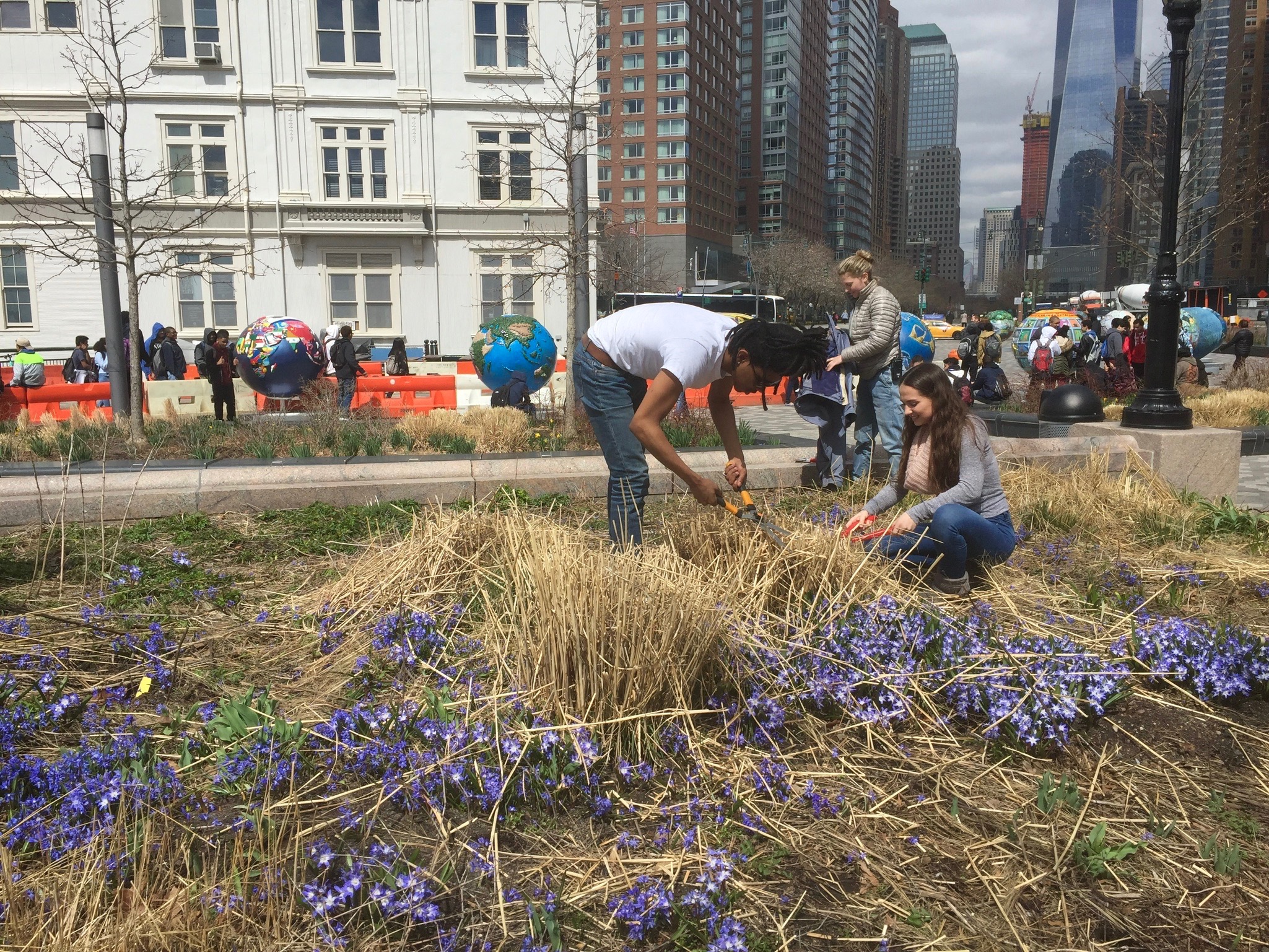

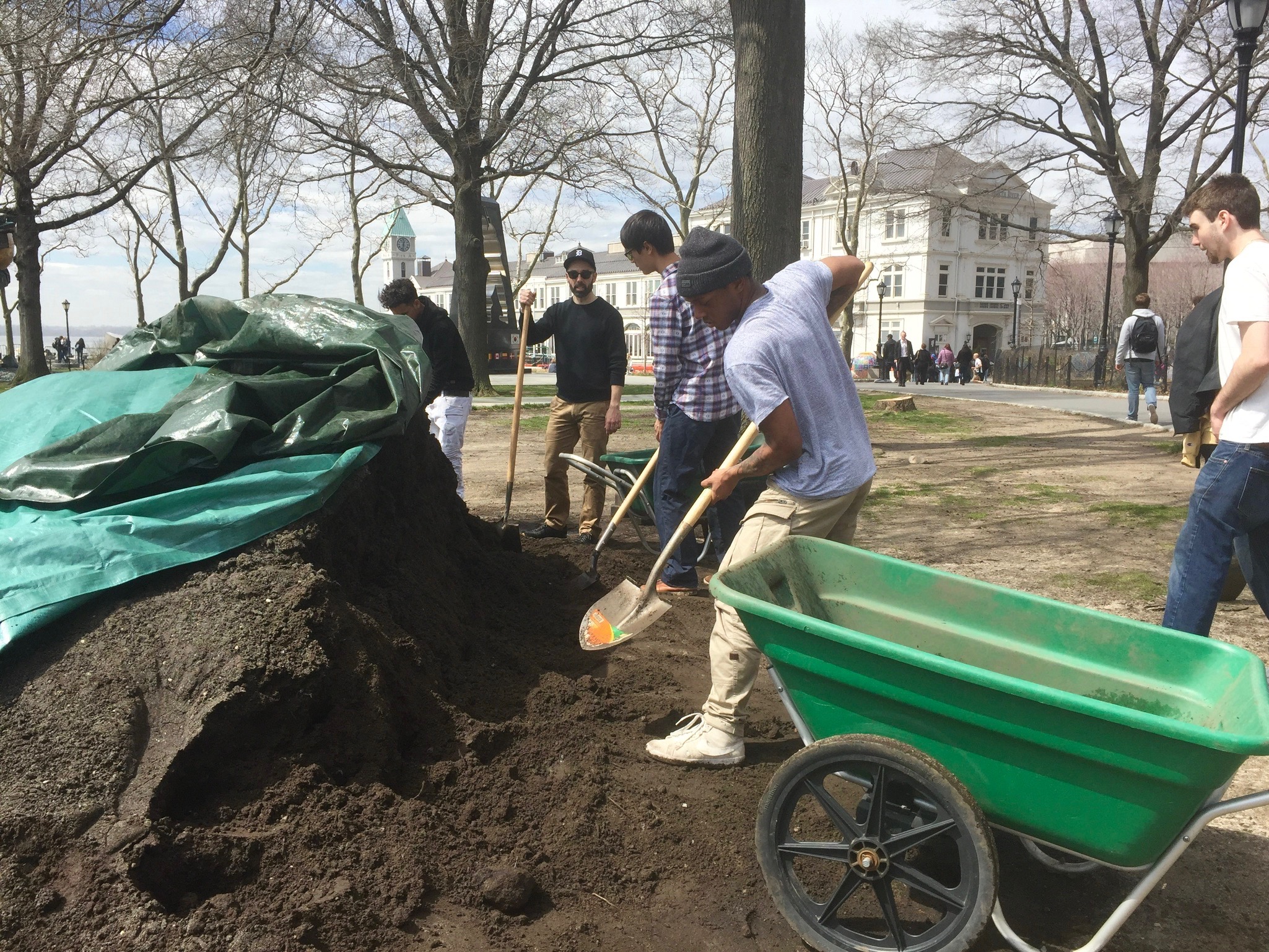

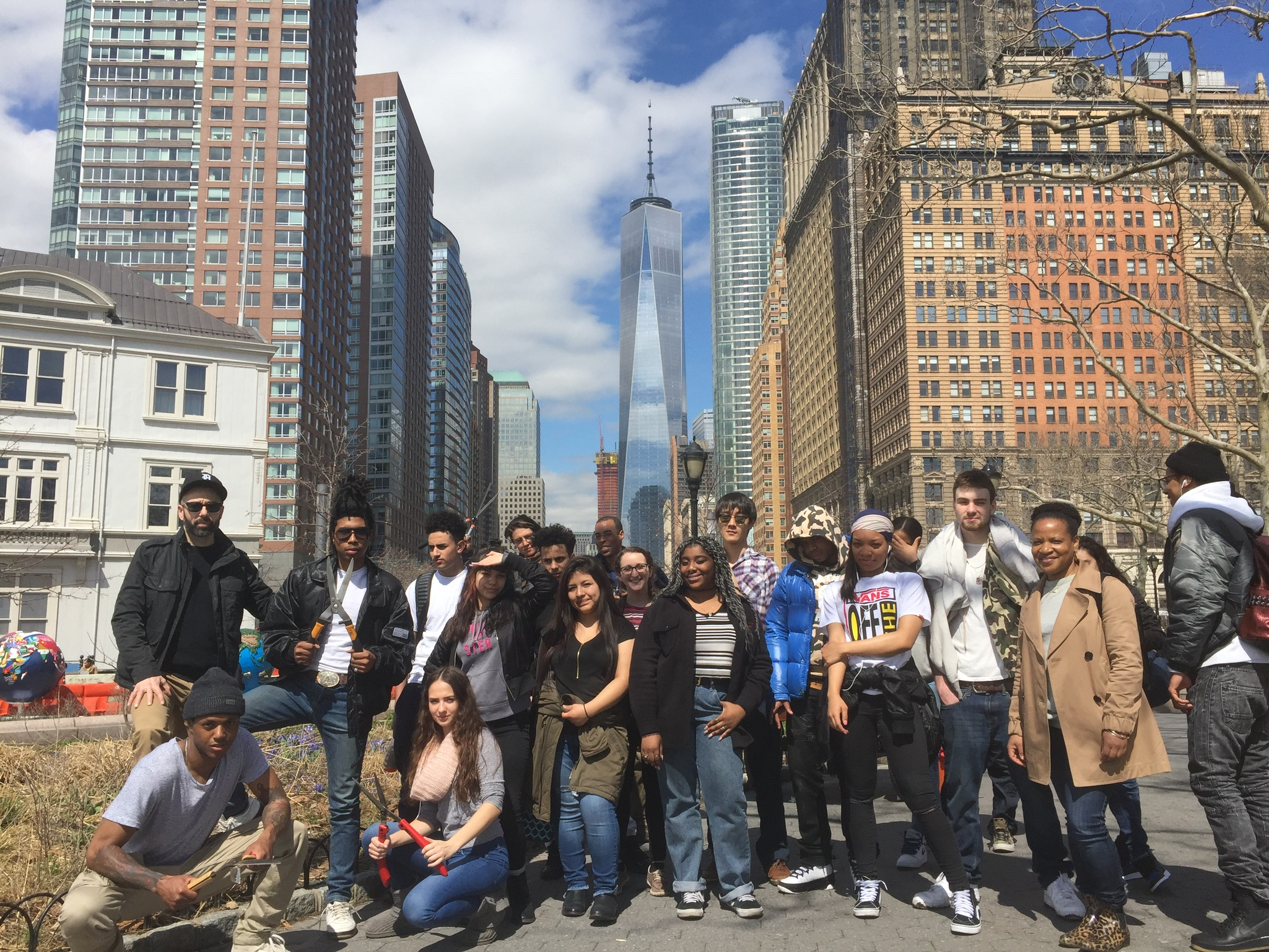
Day 2: A little rain wasn't going to stop us from heading out to Brooklyn! First, we visited Whole Foods Market Gowanus, home to a Gotham Greens rooftop hydroponic farm. Students did a scavenger hunt throughout the store, recording A) the different states and countries that produce had come from, B) the varying food labels that they saw (organic, non-GMO, certified humane, grass-fed, cage-free etc.), and C), which of their favorite food items had ingredients that were derived from soy and corn. We then made our way to the Steinhardt Conservatory at Brooklyn Botanic Garden, where students explored the different climates that plants grow in, taking note of how certain food crops must be shipped in from areas that have tropical climates.
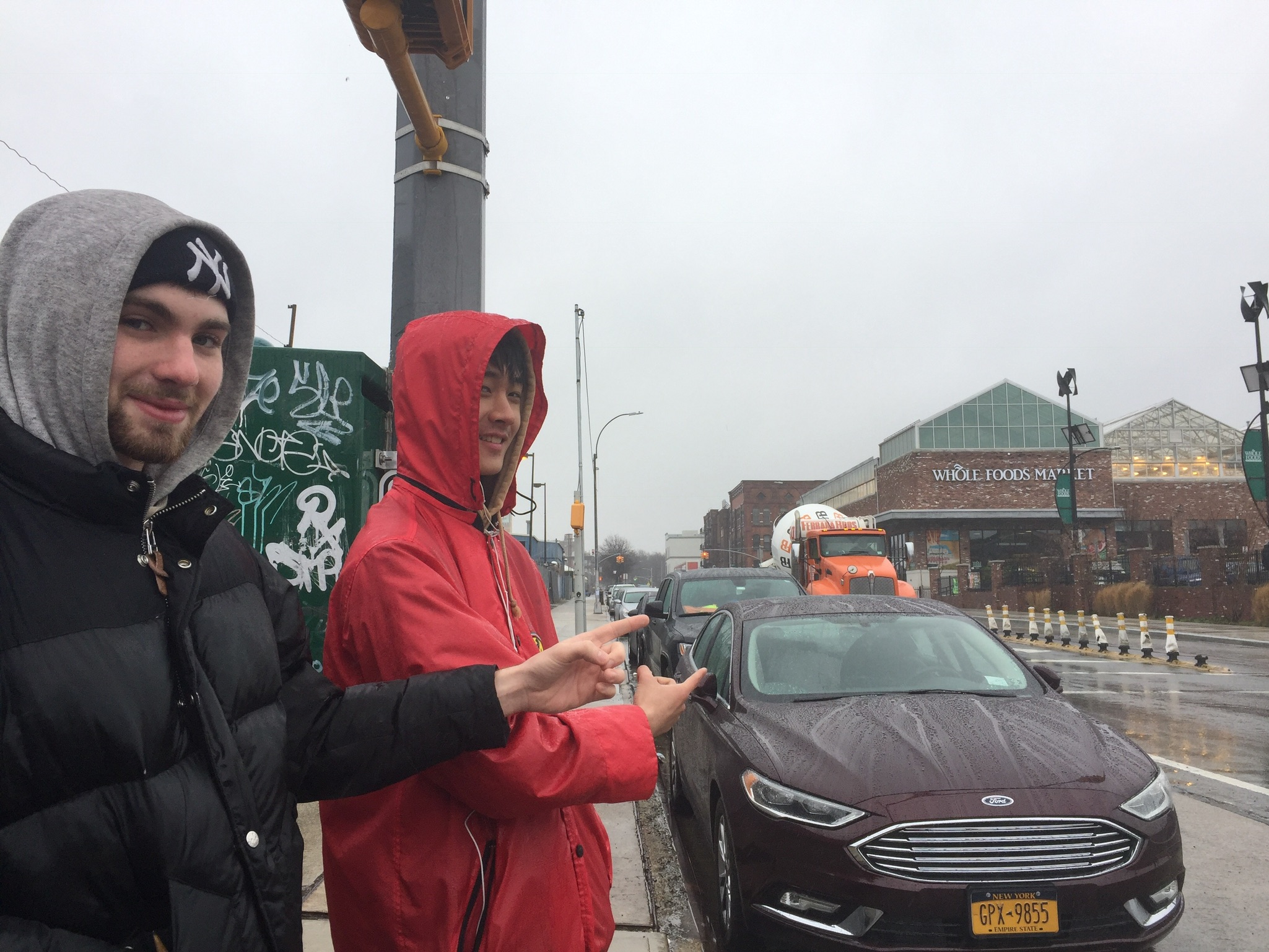
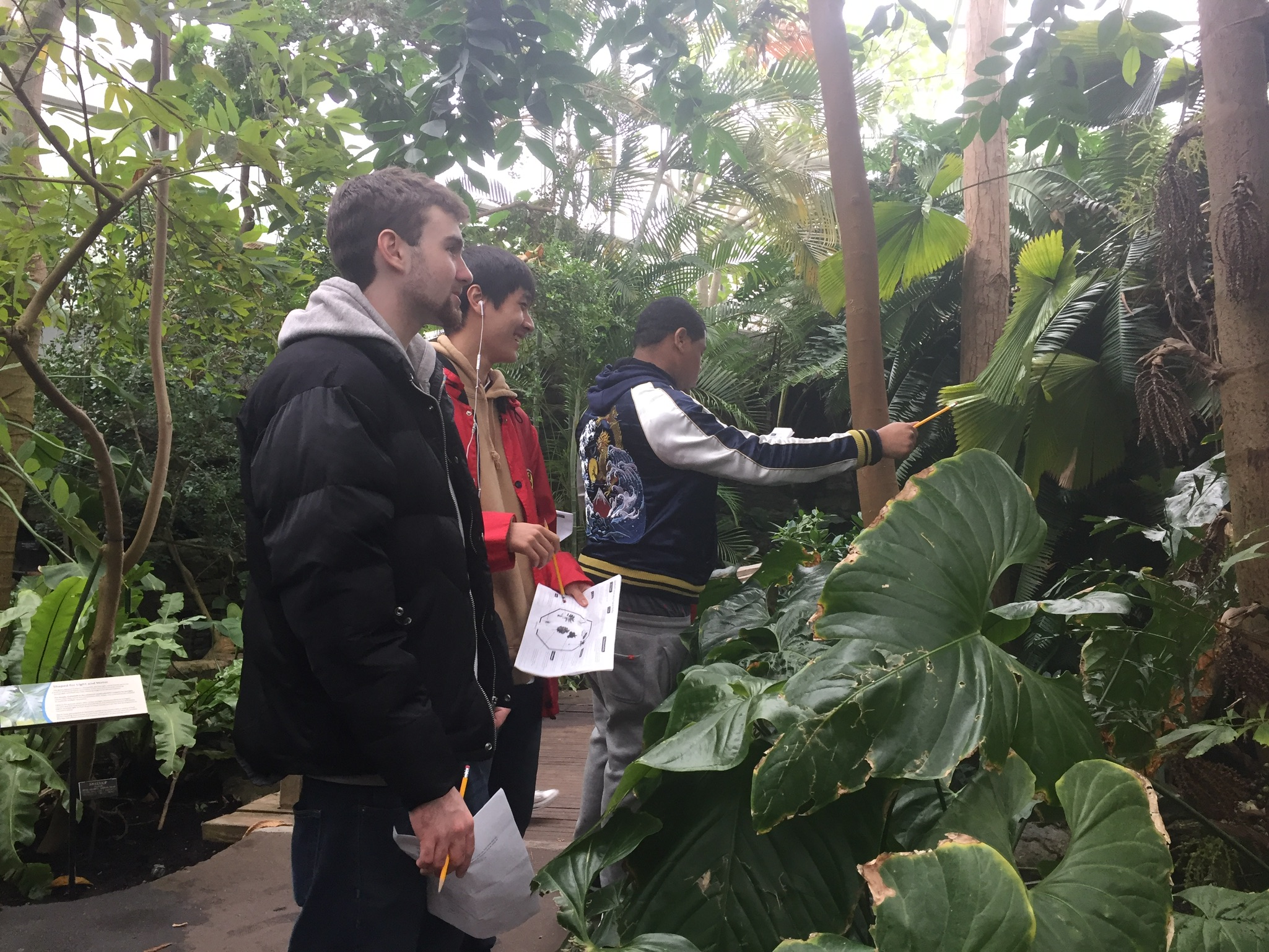

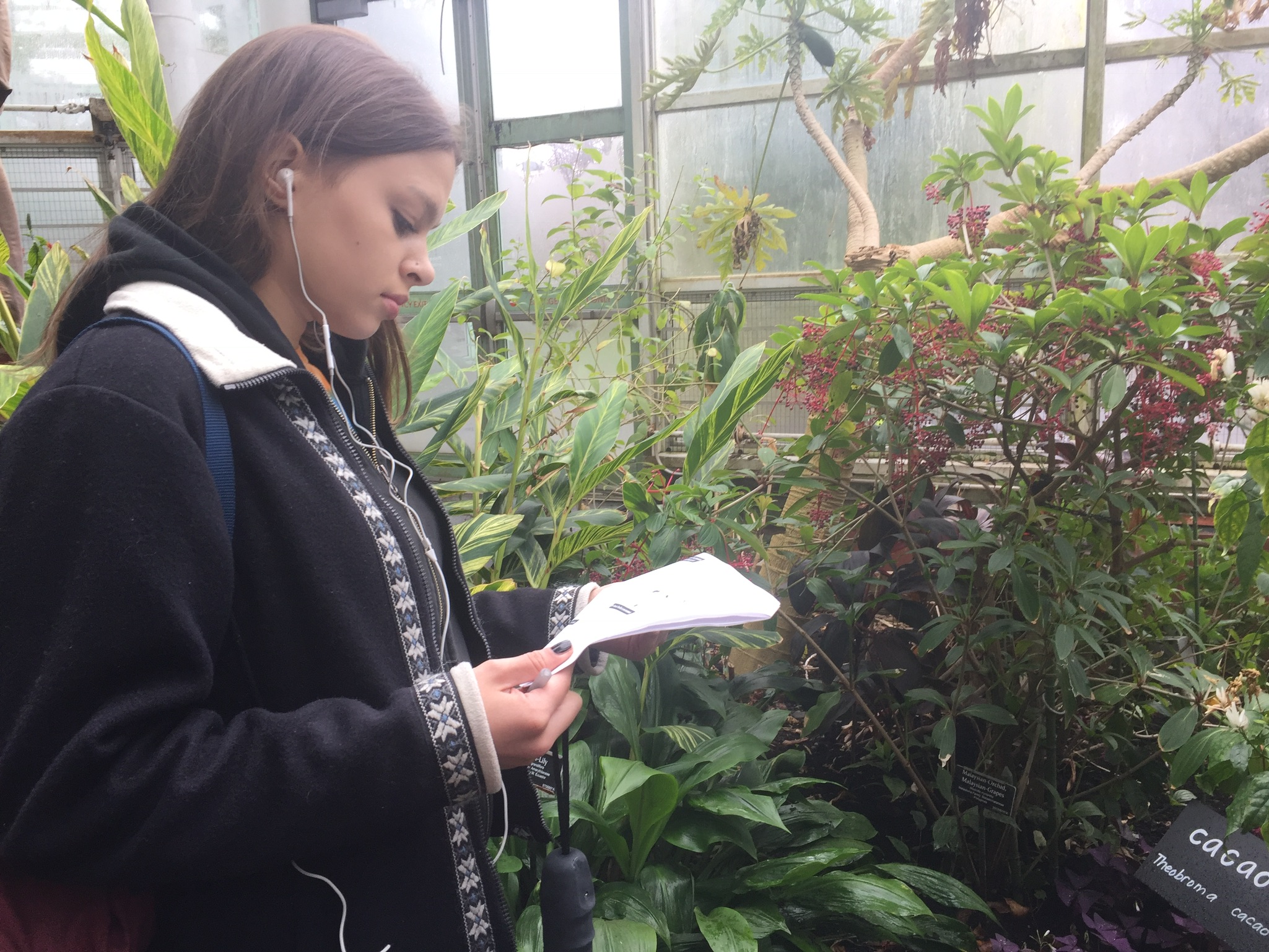
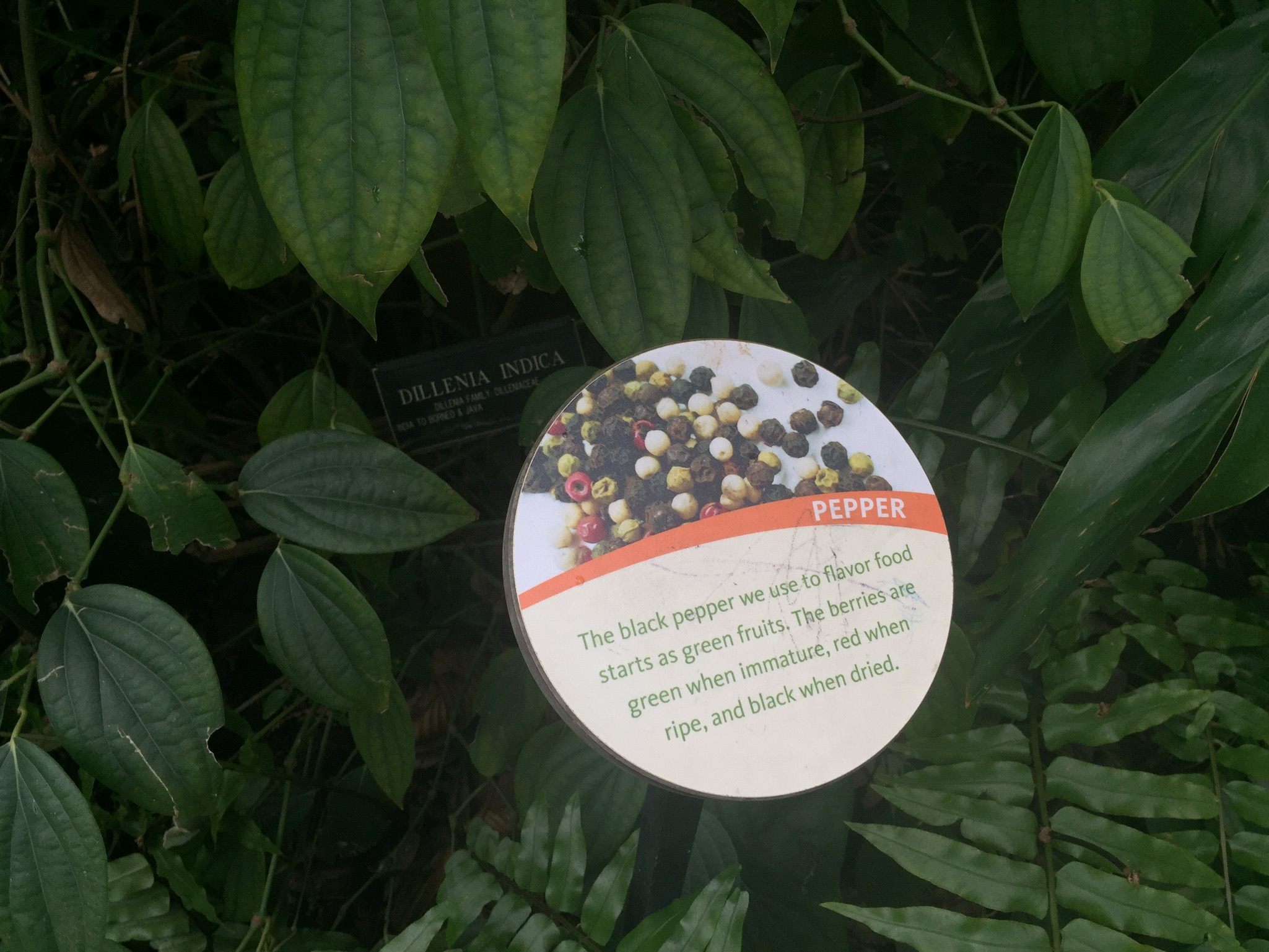
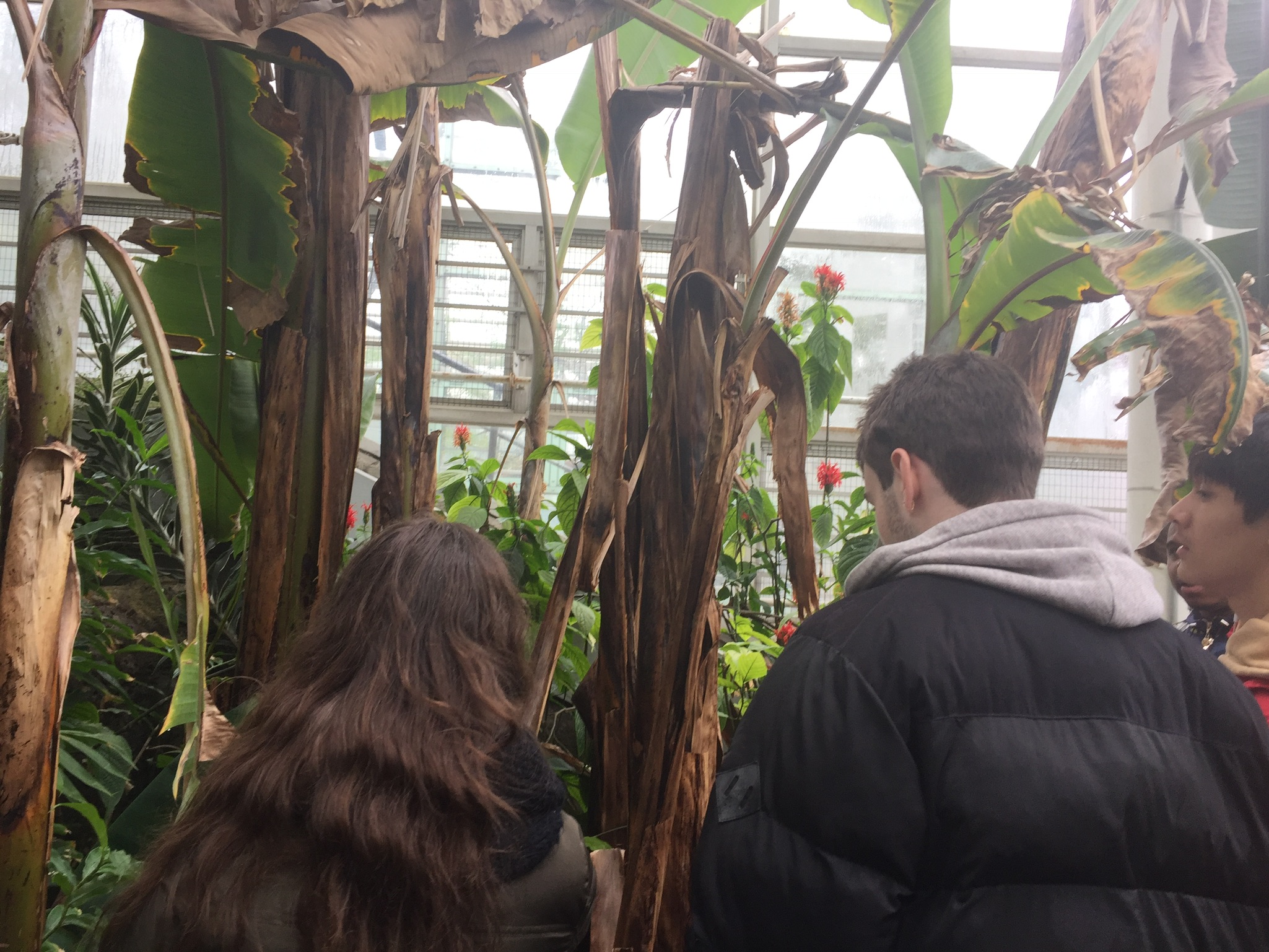
Day 3: The last of our three days was jam packed with activities. We started off the morning doing Gotham Grazer's signature food mapping exercise, where students mapped the different sustainable and unsustainable food resources that are in their own communities. We then traveled to Union Square, where we had a guided tour of the Greenmarket. Students were able to talk directly to farmers, learning about each of their specialities and how they got started. Next, we went to Grow NYC's newly opened sustainability center, Project Farmhouse, and had an amazing cooking demo from Arun Gupta, owner and chef of Maysville. Students assisted in preparing a dish of roasted purple carrots, fresh apples, candied peanuts, and homemade ricotta cheese. Arun spoke about how his restaurant buys local produce from farmer's markets whenever possible, and how they adjust their menu each season to match the food that will be sustainably available to them. We ended our day with a celebratory lunch at Hu Kitchen, a sustainable restaurant that meets the needs of many different diets, such as vegan, gluten-free, and paleo.

